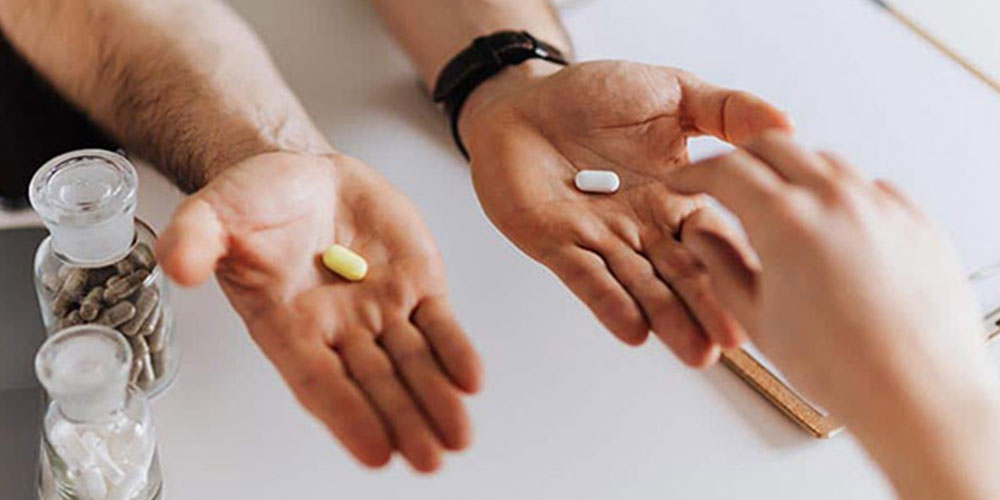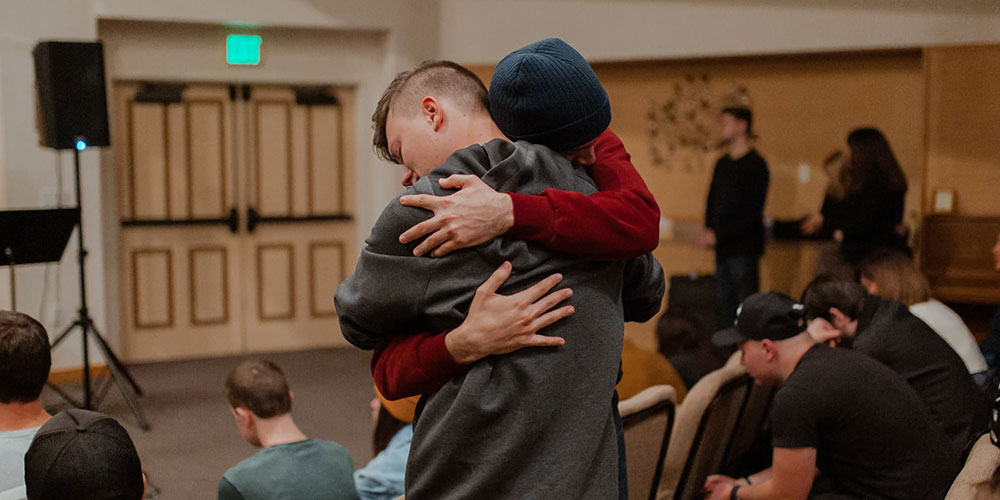Cocaine addiction ensues when an individual finds themselves persistently using cocaine despite the detrimental impact it inflicts on their physical health, interpersonal connections, and holistic welfare. This article will explore the indicators of cocaine addiction and the diverse strategies available to aid them in surmounting this dependency.








